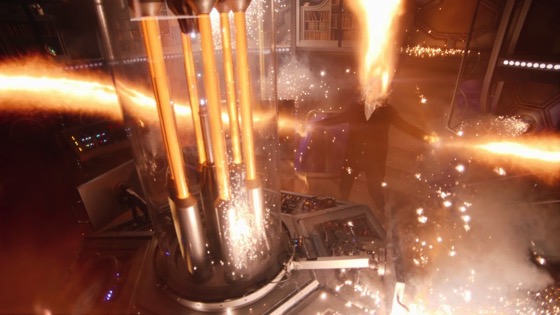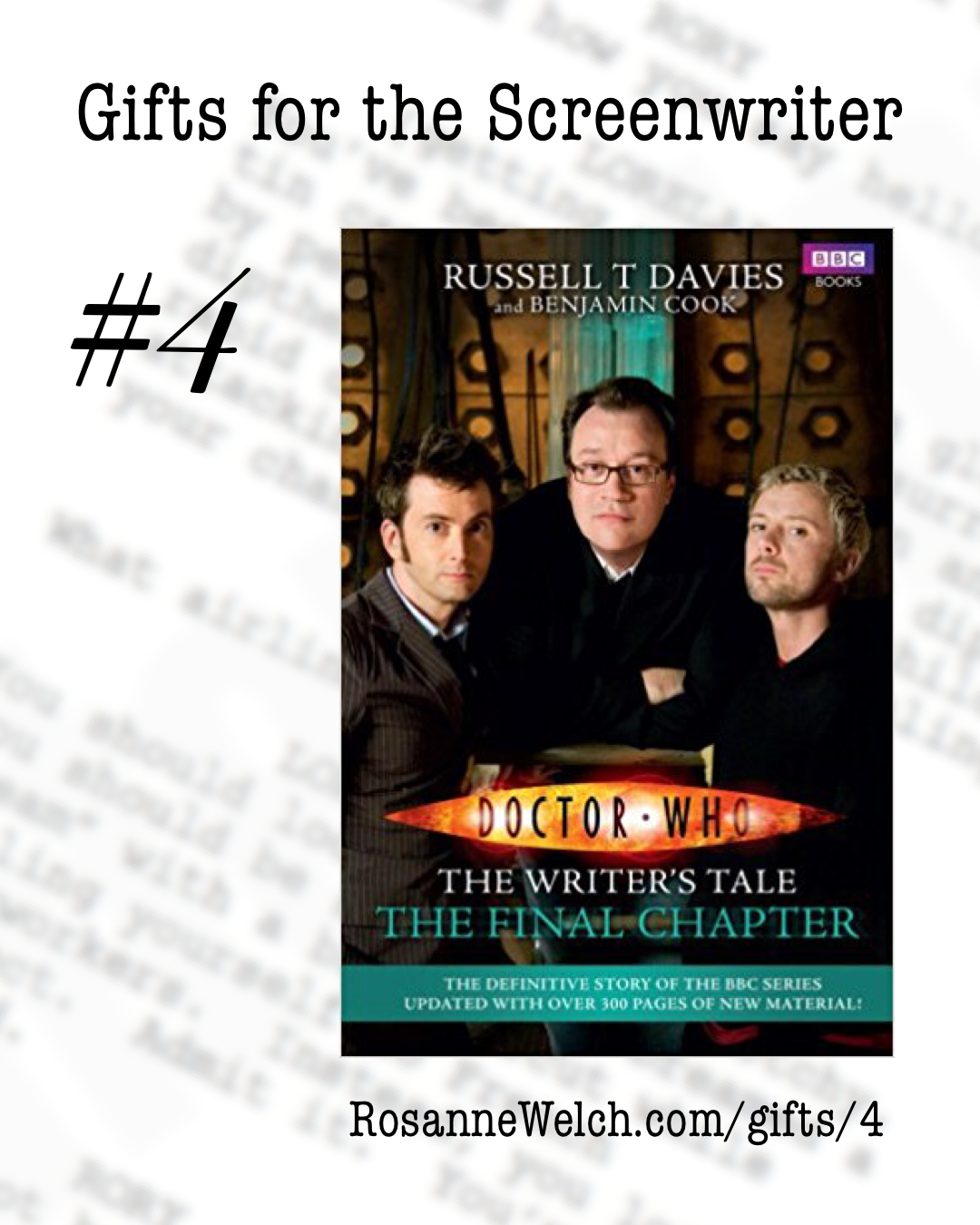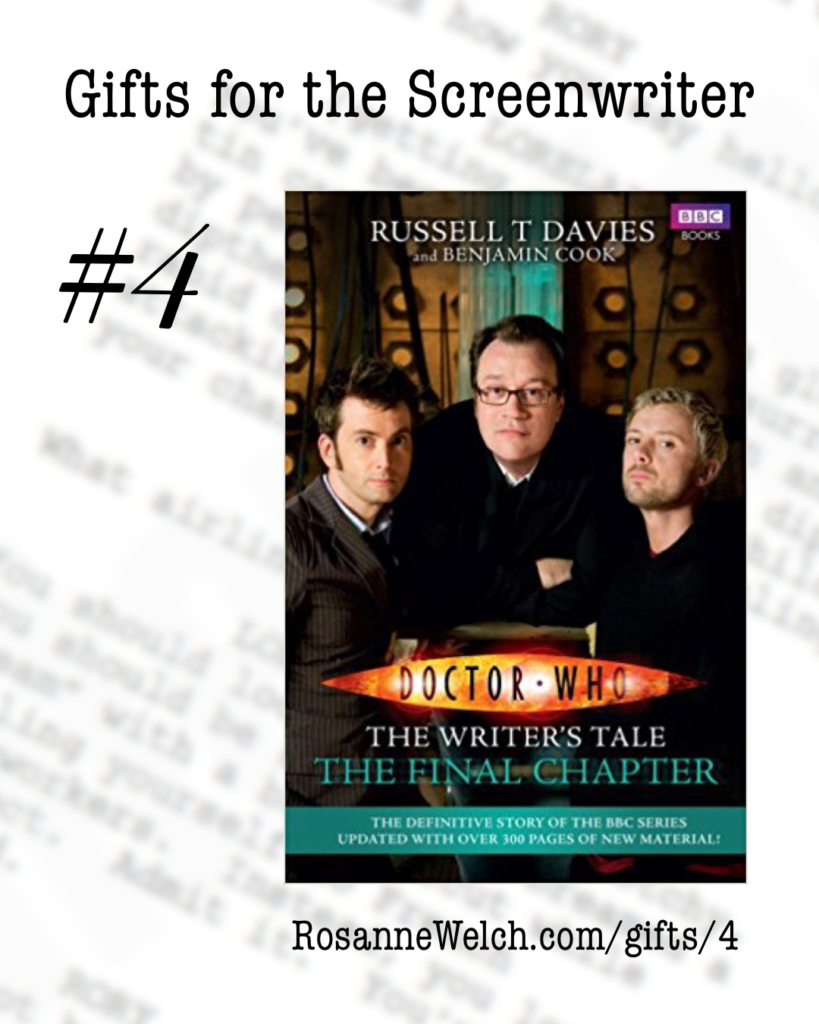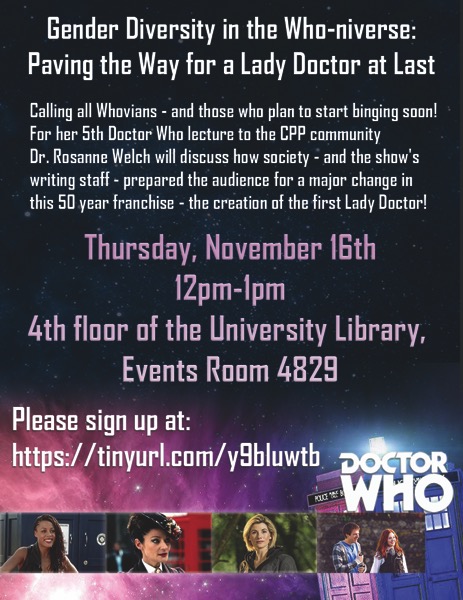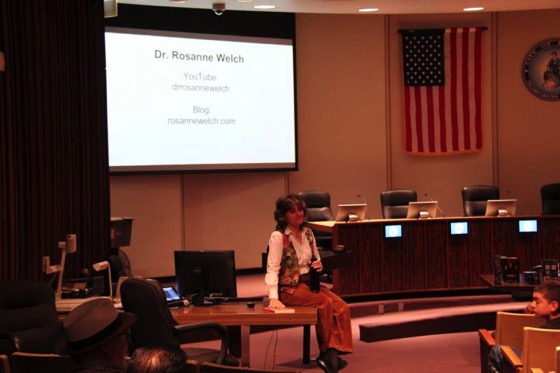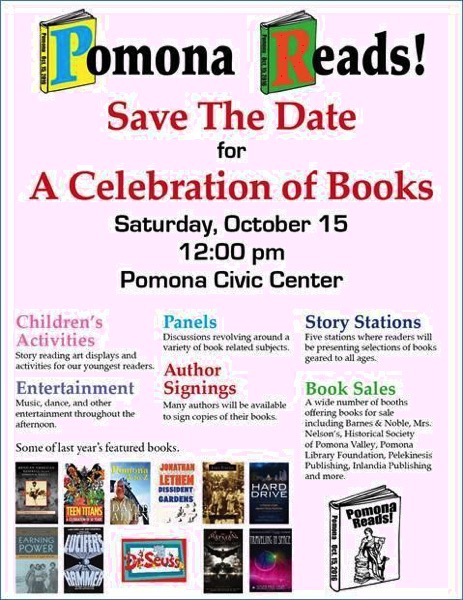Watch this entire presentation: Gender Diversity in the Who-niverse: Paving the Way for a Lady Doctor with Dr. Rosanne Welch [Video] (36:58)
For her 5th Doctor Who lecture to the CPP community, Dr. Rosanne Welch discusses how society – and the show’s writing staff – prepared the audience for a major change in this 50-year franchise – the creation of the first Lady Doctor!
Transcript:
Sydney Newman and Verity, like I said, were the producers who concocted an idea of a show that was meant for children and it as meant to teach children history. So, they invented a character who traveled through time and space — go to various historical events and experience them and it was meant to be a children’s show which is why, if you know old Who, you know that it’s a lot of plastic dinosaurs and goofy, funny-looking creatures and it’s not very scary. it’s much funnier than it is scary and that’s fine. That was the style of program that it was. Right? So these guys came up with it. William Hartnell was the first Doctor. He was meant to be a grandfatherly type. A wise gentleman who travels through space and time with this granddaughter, Susan, and then Barbara and Ian are her teachers who accidentally wander into the spaceship one day and ended up going on these adventures.
Follow Dr. Welch on Twitter and Instagram
https://twitter.com/rosannewelch – http://instagram.com/drrosannewelch
Dr. Rosanne Welch
Dr. Rosanne Welch teaches the History of Screenwriting and One-Hour Drama for the Stephens College MFA in Screenwriting.
Writing/producing credits include Beverly Hills 90210, Picket Fences, ABCNEWS: Nightline and Touched by an Angel. In 2016 she published the book Why The Monkees Matter: Teenagers, Television and American Pop; co-edited Women in American History: A Social, Political, and Cultural Encyclopedia; and placed “Transmitting Culture Transnationally Via the Characterization of Parents in Police Procedurals” in the New Review of Film and Television Studies. Essays appear in Torchwood Declassified: Investigating Mainstream Cult Television and Doctor Who and Race: An Anthology. Welch serves as Book Reviews editor for Journal of Screenwriting and on the Editorial Advisory Board for Written By magazine, the magazine of the Writers Guild.
Watch Dr. Welch’s talk “The Importance of Having a Female Voice in the Room” at the 2016 TEDxCPP.
Podcast: Play in new window | Download
Subscribe: RSS
![05 The Origins of Doctor Who from Gender Diversity in the Who-niverse [Video] (0:51)](https://rosannewelch.com/wp-content/uploads/2018/04/gender-dw-05-origins.jpeg)
![04 The Importance of Writers to Doctor Who from Gender Diversity in the Who-niverse [Video] (1:04)](https://rosannewelch.com/wp-content/uploads/2018/03/gender-dw-04.jpeg)
![03 Stereotypes and How Representation Matters from Gender Diversity in the Who-niverse [Video] (0:56)](https://rosannewelch.com/wp-content/uploads/2018/03/gender-dw-03.jpeg)
![02 How Did We Get To A Woman As The Doctor? from Gender Diversity in the Who-niverse [Video] (0:47)](https://rosannewelch.com/wp-content/uploads/2018/03/gender-dw-02.jpeg)
![01 Generation and Regeneration from Gender Diversity in the Who-niverse with Dr. Rosanne Welch [Video] (1:01)](https://rosannewelch.com/wp-content/uploads/2018/03/gender-dw-01.jpeg)
![Gender Diversity in the Who-niverse: Paving the Way for a Lady Doctor with Dr. Rosanne Welch [Video] (36:58)](https://rosannewelch.com/wp-content/uploads/2018/02/gender-diversity-doctor-who.jpeg)
